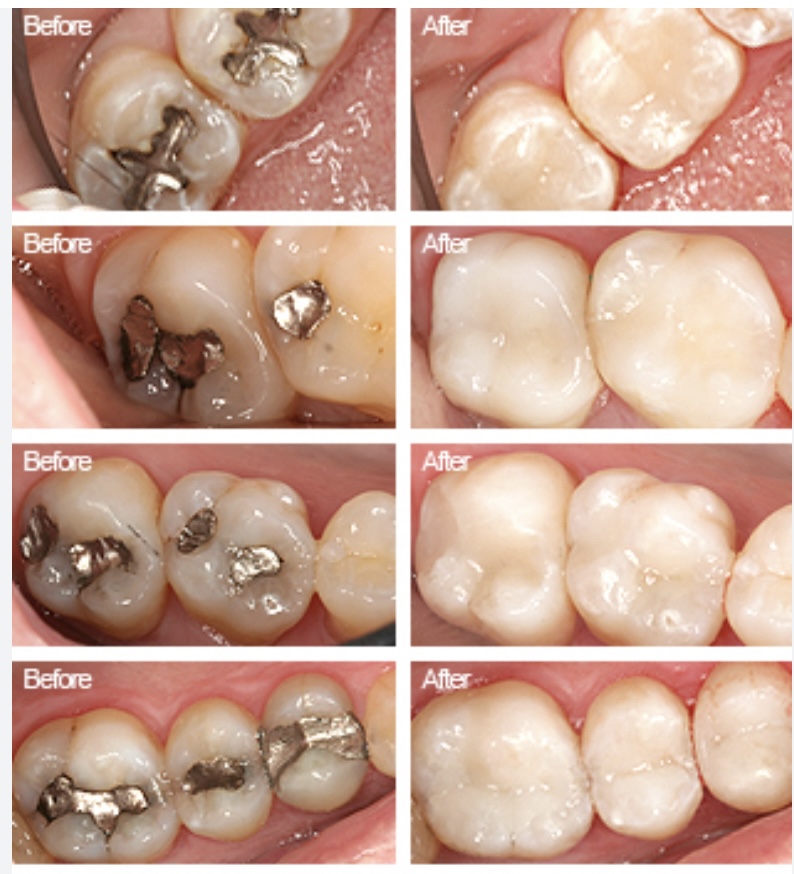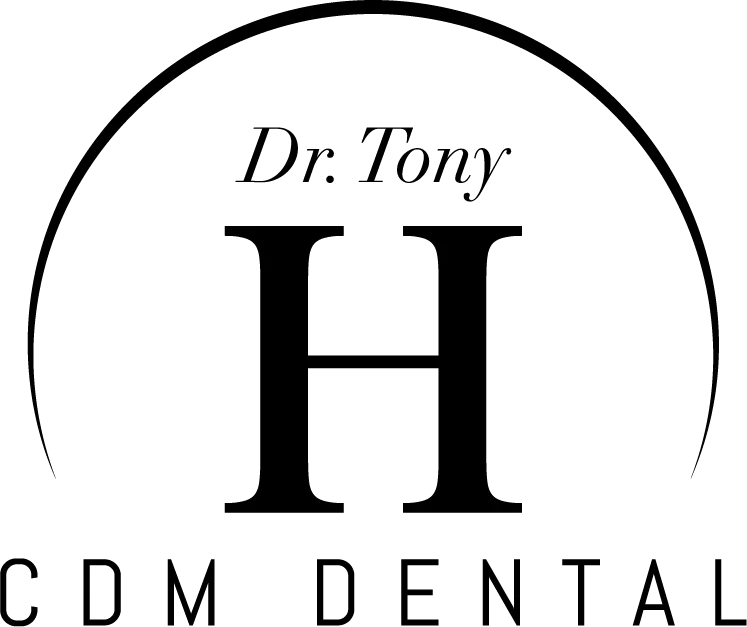
Cosmetic dental bonding is one of the fastest, easiest ways to improve small dental imperfections, such as cracks, gaps, chips, malalignment, and discoloration. While porcelain veneers may be necessary for major issues, cosmetic bonding can be a great solution for minor dental problems. This procedure can create a strong, balanced, and beautiful smile.
First, Dr. Hashemian will apply a special cleaning agent on your affected teeth to create an adequate surface for the bonding material to adhere to. Next, your dentist will apply a Dental Resin that matches your natural teeth. A laser or LED light will harden the material, and your dentist will polish and shape your teeth for a beautiful, natural-looking, renewed smile. The process is virtually painless, quick, and can usually be completed in one office visit with immediate results. Cosmetic bonding can minimize minor dental imperfections for a rejuvenated, functional, and radiant smile.
Request an AppointmentFAQs About Cosmetic Bonding
What is cosmetic dental bonding?
Cosmetic dental bonding is a quick and effective procedure used to correct small imperfections in teeth such as cracks, gaps, chips, minor misalignment, and discoloration. It enhances the appearance of your smile while maintaining a natural look.
How does the cosmetic bonding procedure work?
First, a special cleaning agent is applied to prepare the tooth surface. Then, a tooth-colored resin is placed and hardened with a laser or LED light. Finally, the resin is polished and shaped for a balanced, natural appearance.
Is cosmetic bonding painful?
Cosmetic bonding is virtually painless. Most patients do not require anesthesia, and the process is comfortable and minimally invasive.
How long does cosmetic bonding take?
The procedure is typically completed in just one office visit. Patients can enjoy immediate results after their appointment.
How long does dental bonding last?
With proper oral hygiene and care, cosmetic bonding can last several years. However, it may require occasional touch-ups to maintain optimal appearance.
What’s the difference between cosmetic bonding and veneers?
Veneers are best suited for major cosmetic issues, while bonding is ideal for minor imperfections. Bonding is a faster, less invasive, and more cost-effective solution compared to veneers.
